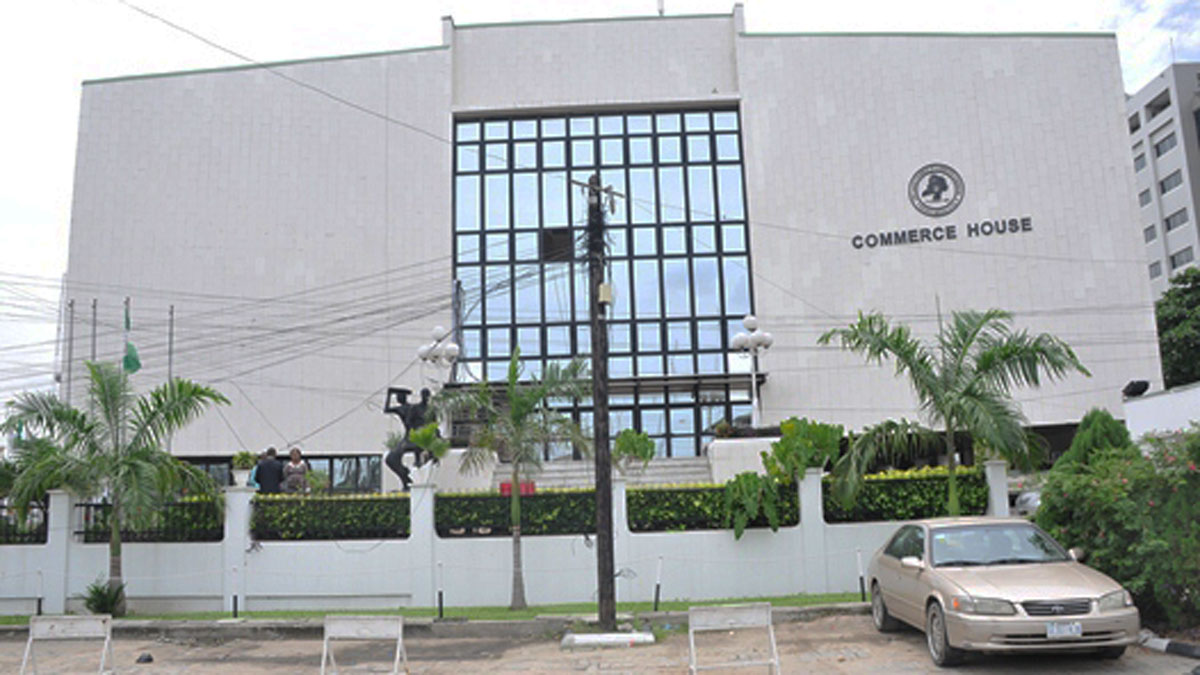
With a nominal GDP growth of 6.99% at the end of the fourth quarter of 2017 and an estimated population figure of 195.88 million, the OPS stated that the country’s population is growing faster than the economic growth rate.
Specifically, the President of the Lagos Chamber of Commerce and Industry (LCCI), Babatunde Ruwase, under the aegis of the OPS, stated that the country’s infrastructure and economic challenges as well as unchecked population growth, have kept many people in the poverty gap
In a chat with The Guardian, Ruwase noted that despite the growth indicators in the economy, there are several socio-economic issues needed to be addressed.
The National Bureau of Statistics (NBS) had in its latest report stated that the year 2017 recorded a real annual growth rate of 0.83% higher by 2.42% than –1.58% recorded in 2016, adding that the nation recorded a Nominal GDP growth of 6.99% in the fourth quarter of 2017.
The International Monetary Fund, last week however said the current 0.8 per cent growth in the Nigerian economy in the first half of 2017 was still not sufficient to reduce unemployment and end poverty in the country.
“Our population is growing at a rate faster than the rate the economy is growing. That is one problem that we have. We have infrastructural decay which this government is trying to address. Nigeria is supposed to be the production hub of West Africa, but these challenges prevail and limit the chances.
“You have people without the right skills required to drive the economy; there is no power and factories are closing down or they are downsizing their production capacity”, Ruwase said.
With the present GDP growth rate driven by growth in crop production among others, Ruwase explained that continuous migration from rural areas where agricultural jobs abound is also a major challenge to job creation.
“People are no longer in the rural areas and there are jobs in the rural areas. Everybody wants to move into the urban areas. Getting agricultural produce to the hinterland and to the market is very difficult; and by the time they get there, the produce would have been very costly to the extent that the ordinary man cannot afford and all these lead to lots of wastages. These are some of the issues we must take a lot at holistically.
“There is also a concern about the lack of skills. How many of the unemployed are employable? You still find Nigerians going across the border to employ masons because they have the skills that we do not have. So, these are things that are also promoting these problems”, he added
[ad unit=2]



